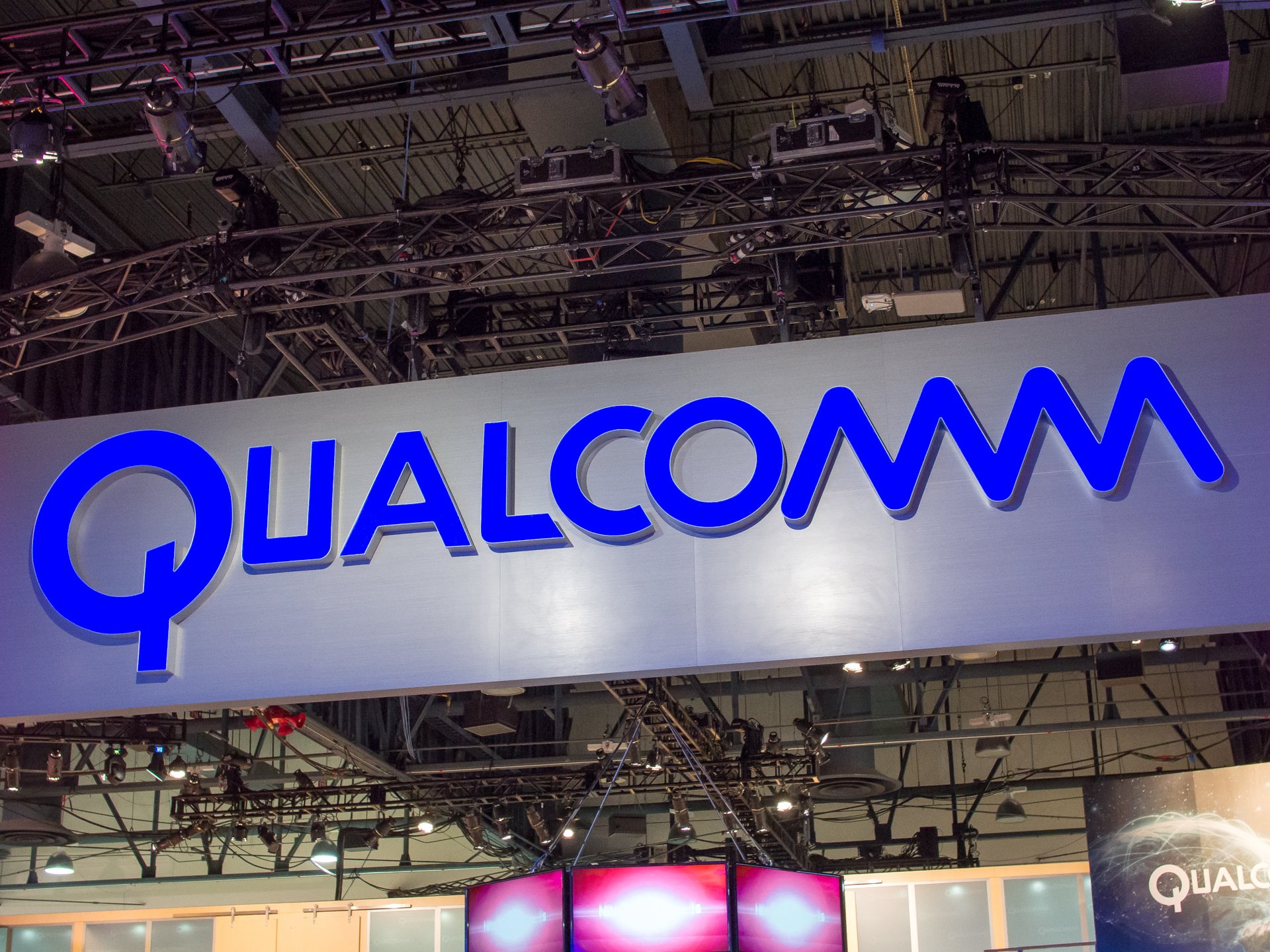US Senate OKs new bill to boost domestic chip production
The new legislation aims to set up chip manufacturing bases right on American soil.

What you need to know
- A new legislation that seeks to subsidize chip manufacturing in the United States has passed the Senate.
- The CHIPS Act provides a $52 billion subsidy to the domestic semiconductor industry.
- It also intends to invest more than $170 billion in research over the next five years in order to compete with China.
Various technology sectors have taken a hit from the current global chip shortage, compounded by the ongoing Ukraine-Russia war and uncertain economic conditions. The Senate now wants to zero in on the chip shortage by boosting the domestic semiconductor industry in the United States with a $52 billion subsidy.
That amount is included in the CHIPS Act, which recently passed the Senate after an identical version of the bill, the United States Innovation and Competition Act, fizzled out in the House's lower chamber. Also included in the bill is the provision to inject more than $170 billion into scientific research over five years in an effort to boost competition with China, Reuters reports.
The CHIPS Act is now up for debate in the House, but if approved by President Joe Biden — a staunch supporter of the bill — it will give the country's chip makers, such as Intel and Micron Technology, a leg up on the competition. Reuters quoted Senator Mark Warner as saying the bill would help finance up 15 new semiconductor factories in the country. Senator Chuck Schumer also highlighted the bill's employment benefits.
Biden cited national security concerns as the primary motivator for passing the bill. In a recent meeting with industry and labor leaders, he discussed the "importance of passing the CHIPS for America Act to supercharge our efforts to make semiconductors right here in America."
The goal is to address the chip shortage that has adversely affected production of Android phones and other products that need a processor to run.
However, there are still those who opposed and lobbied against the bill, including the Chinese Embassy in Washington and Senator Bernie Sanders, who described the legislation as "blank checks to chip companies."
Be an expert in 5 minutes
Get the latest news from Android Central, your trusted companion in the world of Android

Jay Bonggolto always keeps a nose for news. He has been writing about consumer tech and apps for as long as he can remember, and he has used a variety of Android phones since falling in love with Jelly Bean. Send him a direct message via Twitter or LinkedIn.
